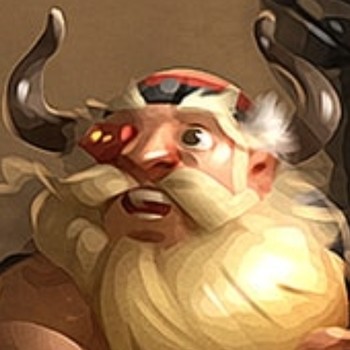What happens to atoms during chemical reactions?
1 Answer
They collide, but the specific process is dependent on the type of bonding in question.
Explanation:
Chemical reactions are the successful collisions of two or more species with sufficient energy (the activation energy for that reaction) that electrons are transferred OR bonds are formed, thus resulting in the formation of new compounds or the liberation of species from compounds (decomposition).
In ionic bonding, which is not so much the formation of bonds as it is the generation of opposite charges that cause ions to be drawn together by electrostatic attraction, electrons are transferred between atoms in an attempt to become more stable (noble gas configuration).
In the process, atoms become ions, which are charged due to the loss or gain of electrons. If an atom loses an electron(s) to become an ion, then it will form a positive ion' however, if an atom gains an electron(s) to form an ion, then it will form a negative ion. This is because electrons have a negative, specifically
For a covalent bond to form, atoms must still collide with sufficient energy; however, this time the electrons are not transferred but shared, and no ions are formed: the atoms remain to be atoms. This time, we can say that a bond has formed because a single instance of a type of covalent bond (be it single, double, or triple) can only exist between exactly two atoms.
observe that, in the above diagram, all involved atoms now have completed their respective highest main energy levels, and have achieved a stable noble gas configuration, but are not charged since the electrons are shared evenly between them (there may be some partial charge if the atoms on either side of the bond are fairly different in electronegativity, but this is a more advanced topic).
Sources:
1: https://en.wikipedia.org/wiki/Ionic_bonding
2: https://en.wikipedia.org/wiki/Covalent_bond

